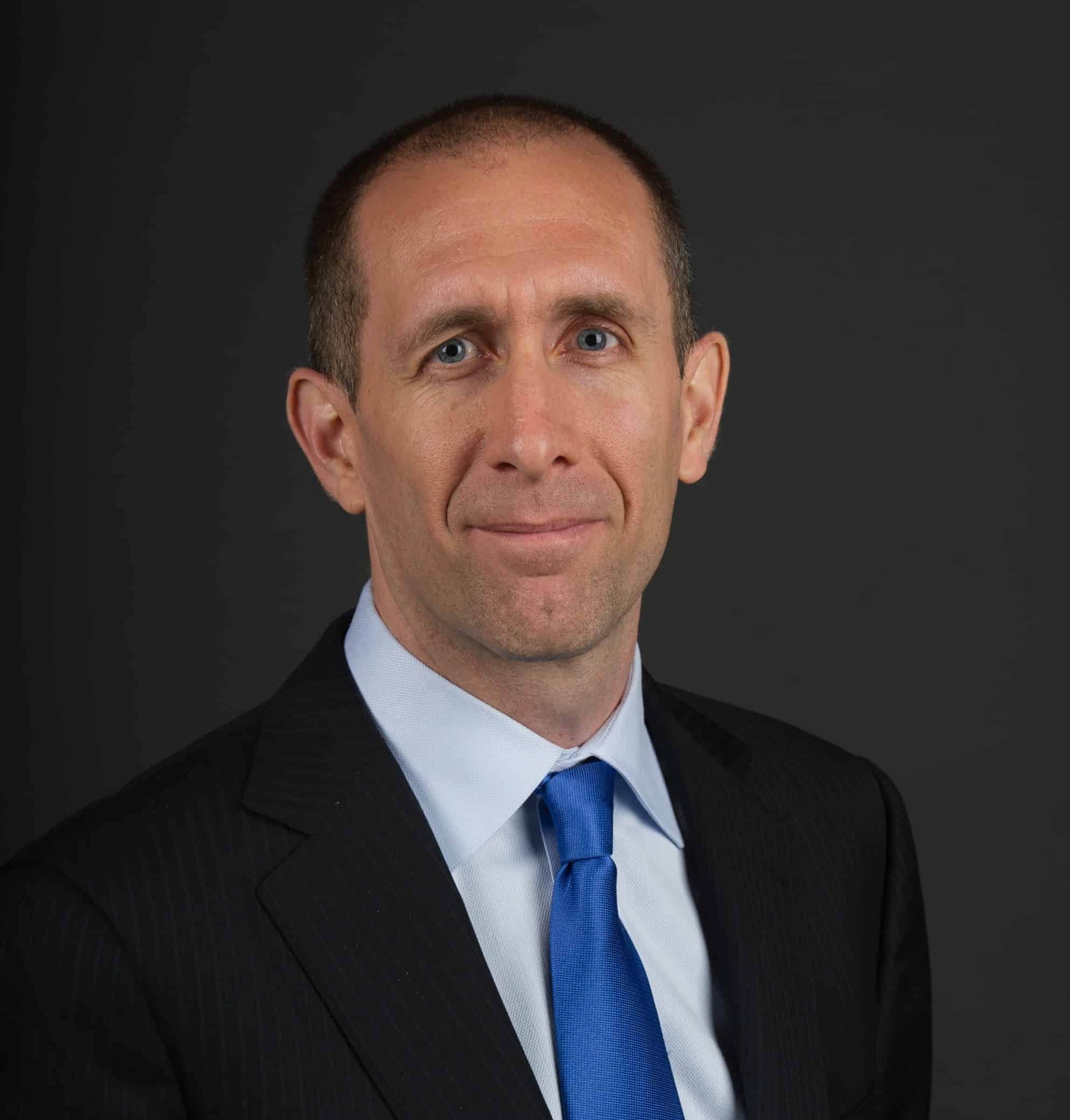For people recovering from COVID-19, the new normal looks anything but normal. Although most patients will bounce back without further issues, some will have severe post-infection complications that can cause permanent damage to their lungs, heart, kidneys, and brain.
The bad news is: right now we know very little about the long-term effects of this new disease, who is most susceptible, and how to treat (and ideally, prevent) its serious after-effects. The good news is: that’s about to change and our own Dr. Christopher Ryerson is a key member of the team leading the charge.

World-leading research that now includes COVID-19
Dr. Ryerson wears many capes – or rather, many lab coats – as the head of respiratory medicine at St. Paul’s and a principal investigator at our Centre for Heart Lung Innovation (HLI). For this most recent project, Dr. Ryerson has opened a post-COVID clinic and patient registry for people who have been treated for COVID-19.
“We want to understand why some patients recover completely while others sustain permanent damage. If we had this knowledge, we could triage people to the appropriate care right away. That step alone could stop some of this damage from happening in the first place,” he says.
Dr. Ryerson’s clinic will focus primarily on lung and respiratory complications of the coronavirus. Moving forward, there’s a regional effort to create a post-COVID network of clinics that will provide multidisciplinary patient care and generate a robust body of research that includes heart, kidney, neurological, and lung assessments.
Helping today and into the future
It’s an ambitious and unique project. Dr. Ryerson and his partners will start by enrolling all COVID patients treated in ICU or on the wards at Providence Health Care and across Vancouver. Each patient will undergo a detailed respiratory assessment including breathing tests, CT scans, and more. They’ll return for follow-ups at 6, 12, and 24 months. The plan is for this to transition into a longitudinal study that will follow the patients and their condition over the long term.
“Our goal is to support patients now and to provide a road map for clinicians to use during future infectious disease outbreaks,” says Dr. Ryerson. “Looking even further ahead, we’d like to see if there’s a genetic component to either the current severity or future progression of a patient’s illness. This will help us with long-term prevention and management strategies.”
It’s reassuring to know that even in the midst of a global pandemic, the passionate – compassionate – professionals at St. Paul’s continue to do what they do best: provide innovative, patient-centre care today and search for better ways to deliver that care in the future.
Donors like you make it possible for doctors like Christopher Ryerson to pursue this life-changing research. Please give to the COVID-19 Response Fund today. Thank you!
